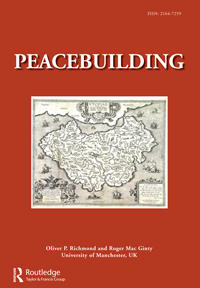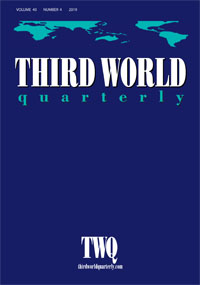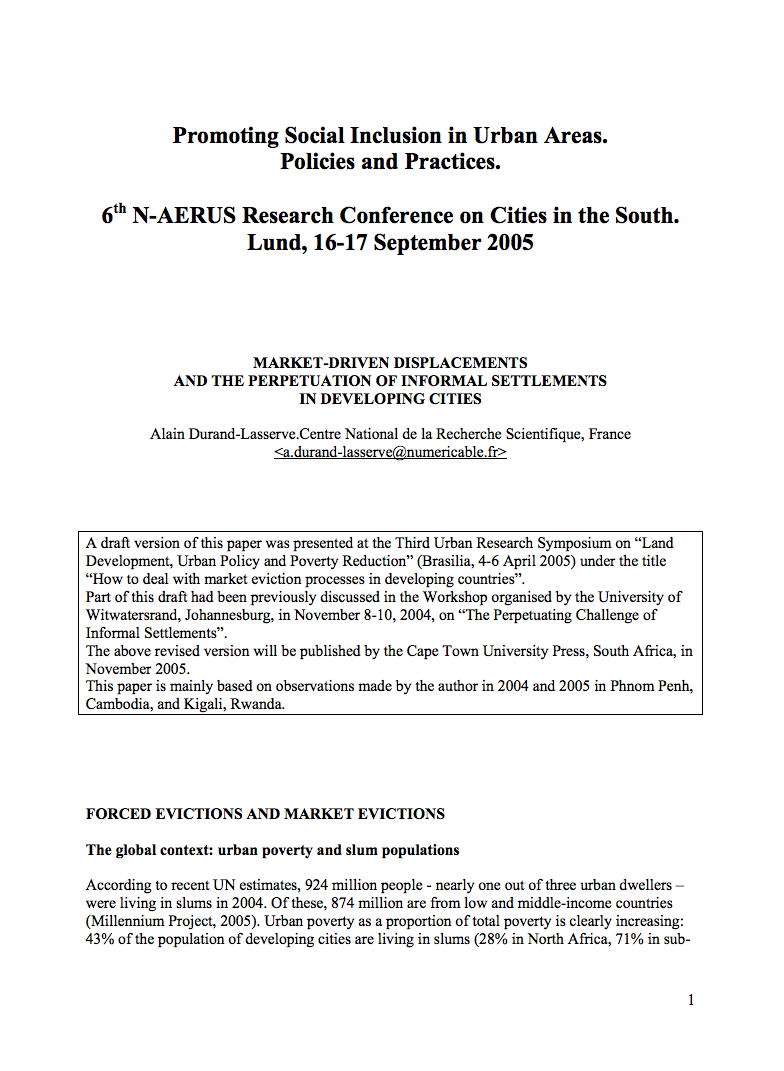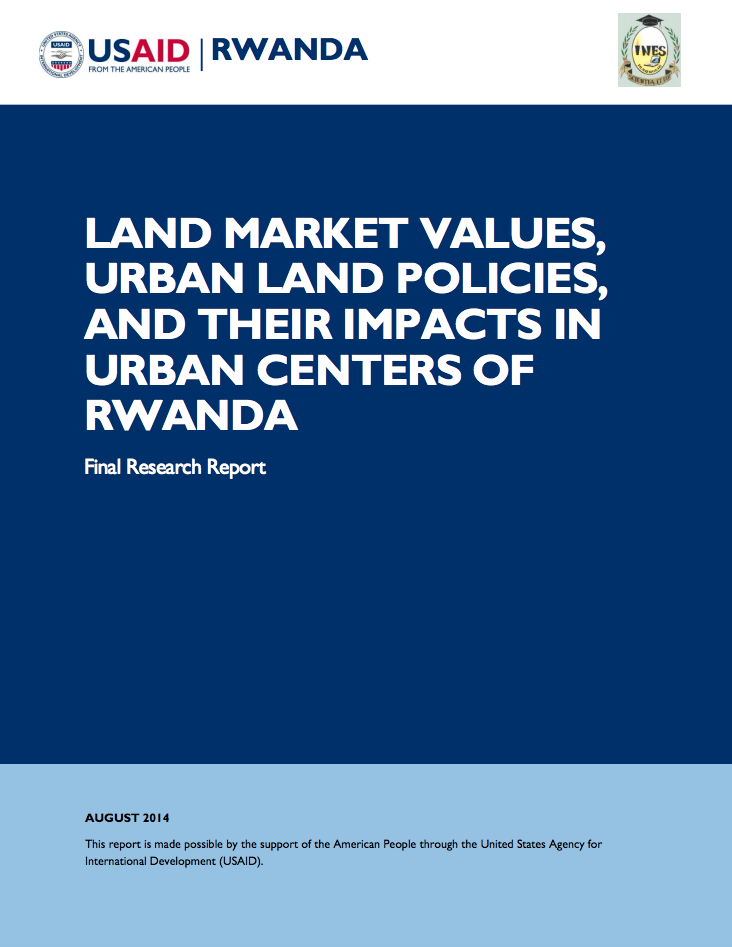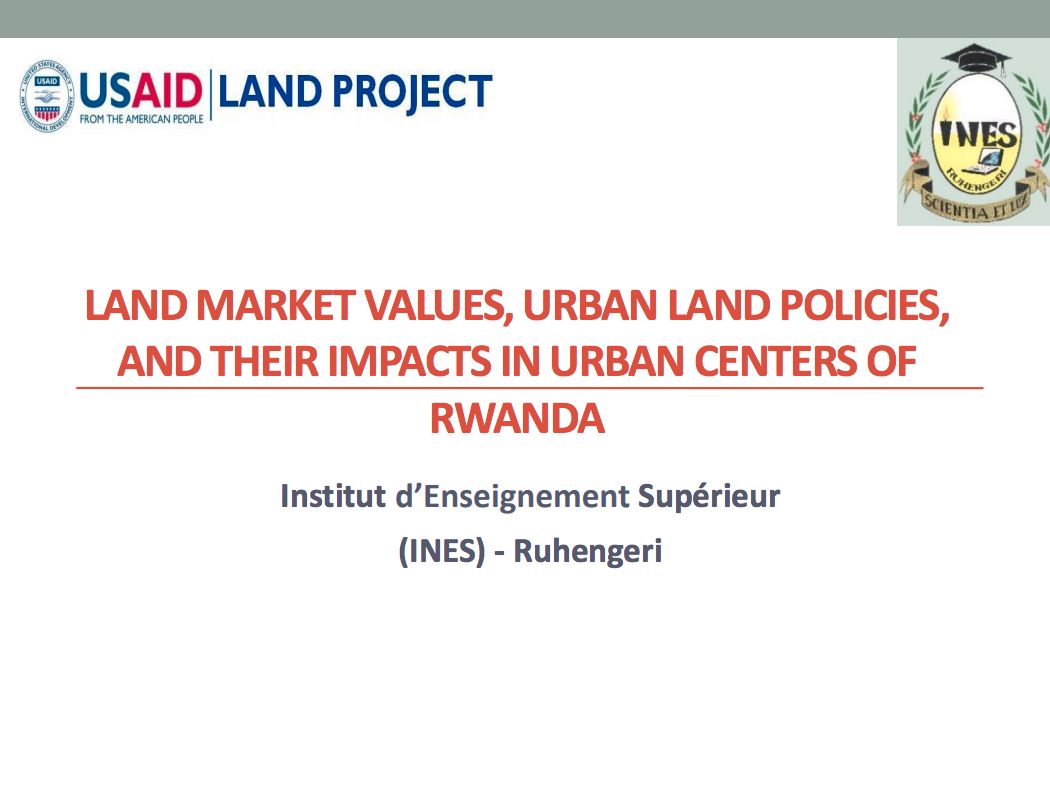Assembling Resistance Against Large-Scale Land Deals: Challenges for Conflict Transformation in Bougainville, Papua New Guinea
Responding to the academic void on the impact of socio-ecological conflicts on peacebuilding and conflict transformation, I turn to resistance against large-scale land acquisitions in post-war contexts. Promising in terms of reconstruction and economic prosperity, the recent rush on land may, however, entail risks for reconciliation processes and long-term peace prospects.


